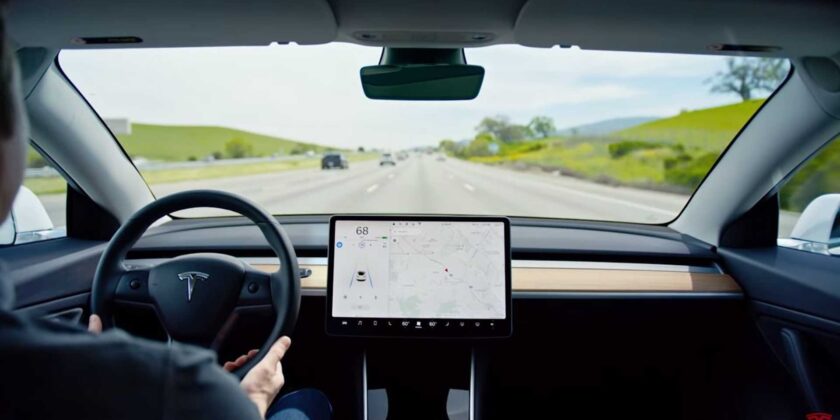Tesla CEO Elon Musk said in a recent Twitter (now known as X) reply that the EV brand is currently working on the final piece of the Full Self-Driving (FSD) artificial intelligence (AI) puzzle, which is apparently “vehicle control.”
Furthermore, Musk claims that the introduction of AI in the system’s electronic brain will reduce the number of code lines by over 300,000.
Last month, Tesla’s head honcho said that the so-called Full Self-Driving feature is “very close” to being able to operate without human intervention and that it will reach Level 4 or Level 5 autonomy before the end of this year, according to an AFP report. However, he then added that “this is only speculation,” which is rather confusing.
“In terms of where Tesla is at this stage, I think we are very close to achieving full self-driving without human supervision,” said Musk at the World Artificial Intelligence Conference in Shanghai on July 6. “This is only speculation, but I think we’ll achieve full self-driving, maybe what you would call four or five, I think later this year.”
Furthermore, the company’s chief executive officer said that artificial intelligence will be integrated into the next major software release of FSD, which will also likely drop the “Beta” designation judging from past statements made by Musk.
“V12 is reserved for when FSD is end-to-end AI, from images in to steering, brakes, and acceleration out,” the CEO said in May:
As a reminder, Tesla’s driver assistance system is currently considered to be a Level 2 setup, according to the SAE Levels of Driving Automation table, as the driver is the one in charge all of the time. A Level 5 system is capable of operating the vehicle in all areas under all conditions without requiring the driver to take over control at any point, while Level 4 offers the option to manually override the electronics.
As always, we’d like to know what you think about this, so head over to the comments section below to give us your thoughts on Elon Musk’s latest statements about FSD.
Source: Elon Musk (Twitter)
Source: Read Full Article
